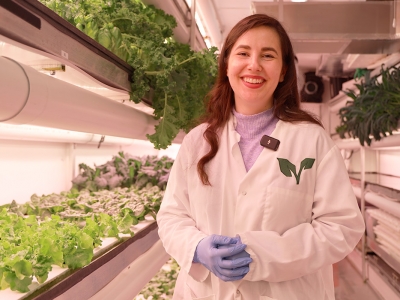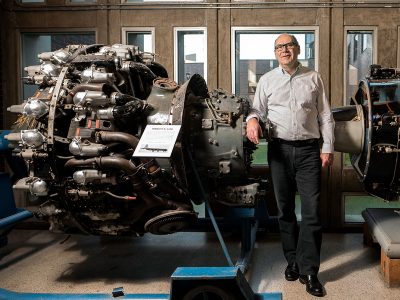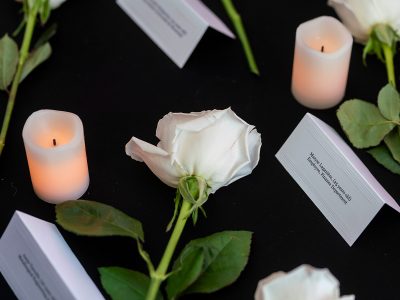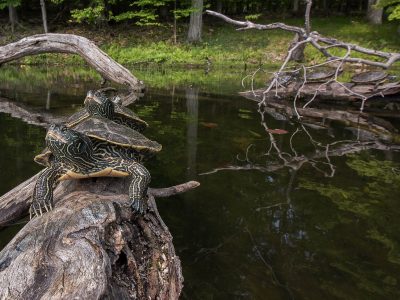By Elizabeth Howell
Science communication not only requires curiosity, but a commitment to helping diverse communities who may need a lift to get where they want to go, says Maydianne CB Andrade, a professor of biological sciences, ecology and evolutionary biology.
Andrade is a well-known advocate for the Black community and serves as special adviser to the Dean at the University of Toronto Scarborough. She spoke online Thursday, March 18, 2021 at Carleton University’s Discovery Lecture, hosted annually by the Faculty of Science and the School of Journalism and Communication to showcase excellence in science journalism.
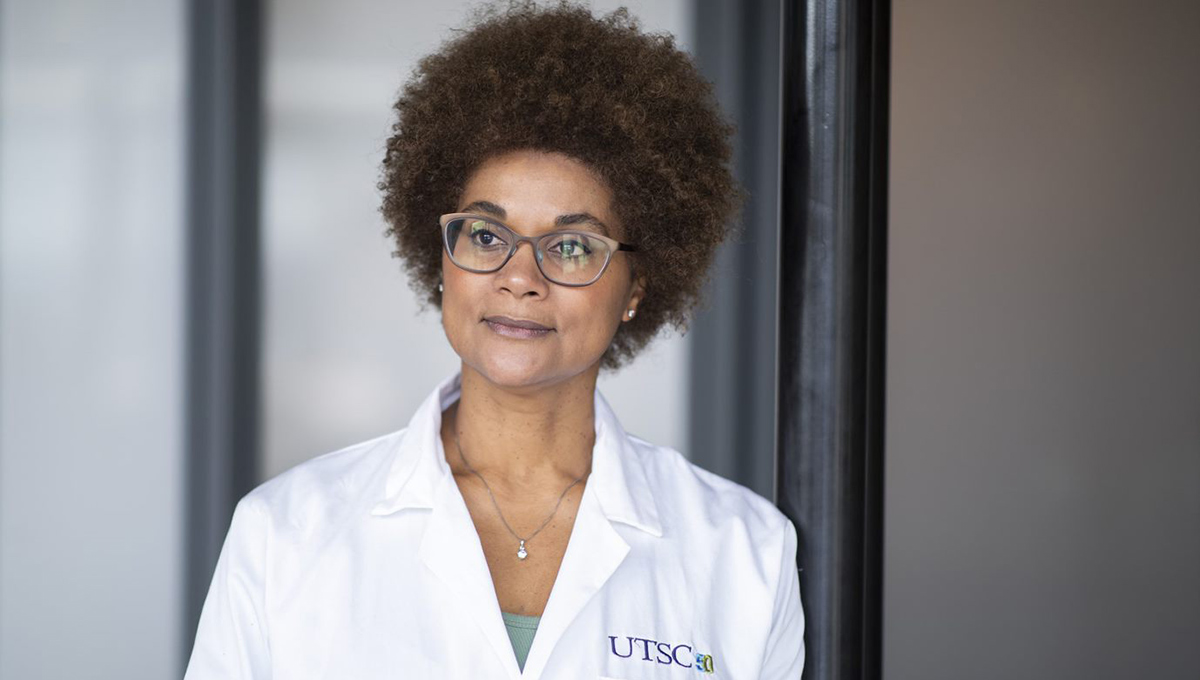
Prof. Maydianne CB Andrade (Photo: Nick Iwanyshyn)
Sarah Everts, Carleton’s CTV Chair in Digital Science Journalism, described Andrade as “an extraordinary science communicator” with notable appearances, including CBC Radio’s Quirks and Quarks, Andrade’s podcast The New Normal and a guest spot on CBC Television’s The Nature of Things, where Andrade dug up ancient fossils on camera.
Andrade focused part of her talk on black widow spiders and their ventures into what she described as “sexual cannibalism.” While the practice of female spiders passing on their genes – then eating their male partners – may sound strange at first, Andrade said that evolution “is not about self-interest” – it’s about individuals engaging in practices that pass their traits to the next generation.
“They are beautiful, in that we can use them to probe our understanding of how behaviour, mating and flexible development allow adaptation to varying environmental contexts,” she added.
Andrade, like many scientists, continues reading and learning about diverse fields such as the Burgess Shale – a fossil-bearing geological formation in the Canadian Rockies – or immunology, the latter of which has proven useful during the ongoing coronavirus pandemic.
She sees herself as a “knowledge translator” of these complex topics to help people understand rather than trying to be an expert in everything – and she said it’s important for scientists to do this.
“We’re seeing on a large scale, the results of a lack of confidence in science and scientists,” Andrade said, “and part of that is as clearly misinformation, right? So that’s a whole other problem.”
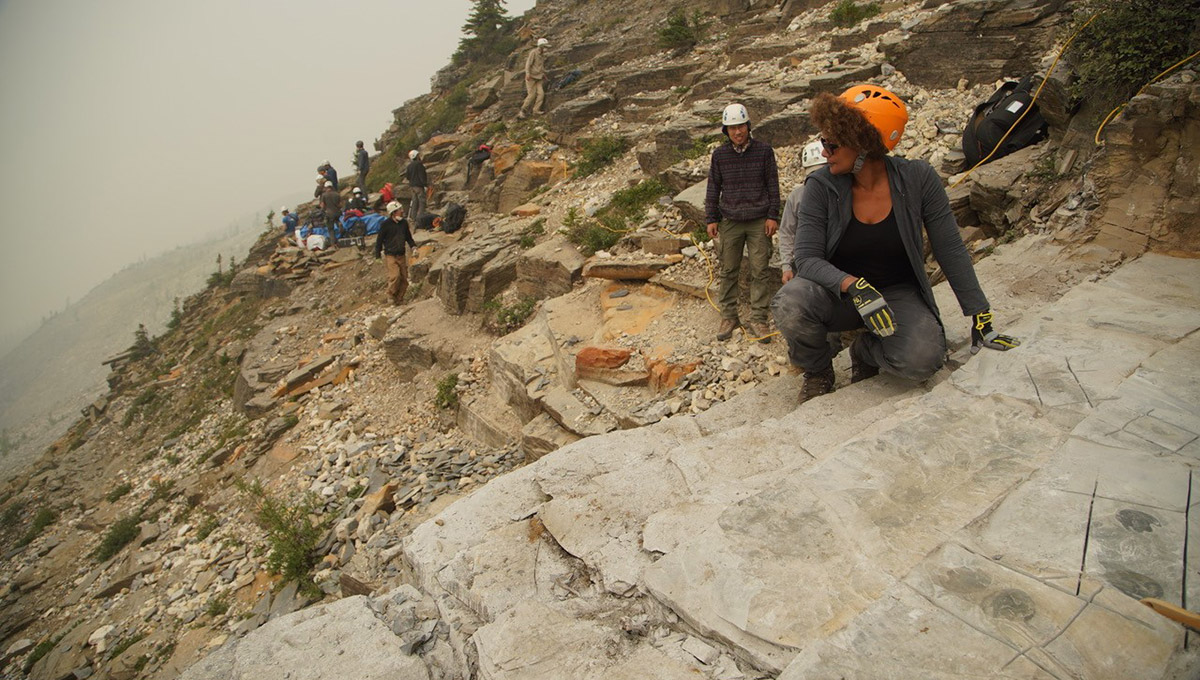
Maydianne Andrade at the Burgess Shale with the field crew of Dr. Jean Bernard Caron (Royal Ontario Museum) during filming of First Animals (the Nature of Things). (Photo: Andy Gregg)
Andrade’s Black community advocacy began in 2013 when a neighbour asked her to give a presentation for Black History Month at her school – “something that is not just about the Underground Railroad,” were her instructions. Andrade talked about unconscious bias, as she had been in academia for more than a decade and encountered that through lived experience.
“I really had only met a handful of other Black scientists in Canada, other people who looked like me, and it had become more and more important to me to understand why that was,” Andrade said.
Her research in this area led to community work as president of the Canadian Black Scientists Network and co-chair of the Toronto Initiative for Diversity and Excellence.
One of Andrade’s goals is to reverse some of the “deficit narratives” that come from identifying as Black, such as addressing data showing that students in Toronto in this group are more likely to be streamed into classes that “do not lead to an easy path to university.”
Andrade added that she has advanced due to “great mentors, allies and sponsors” and hopes to give back to the community through initiatives such as this.
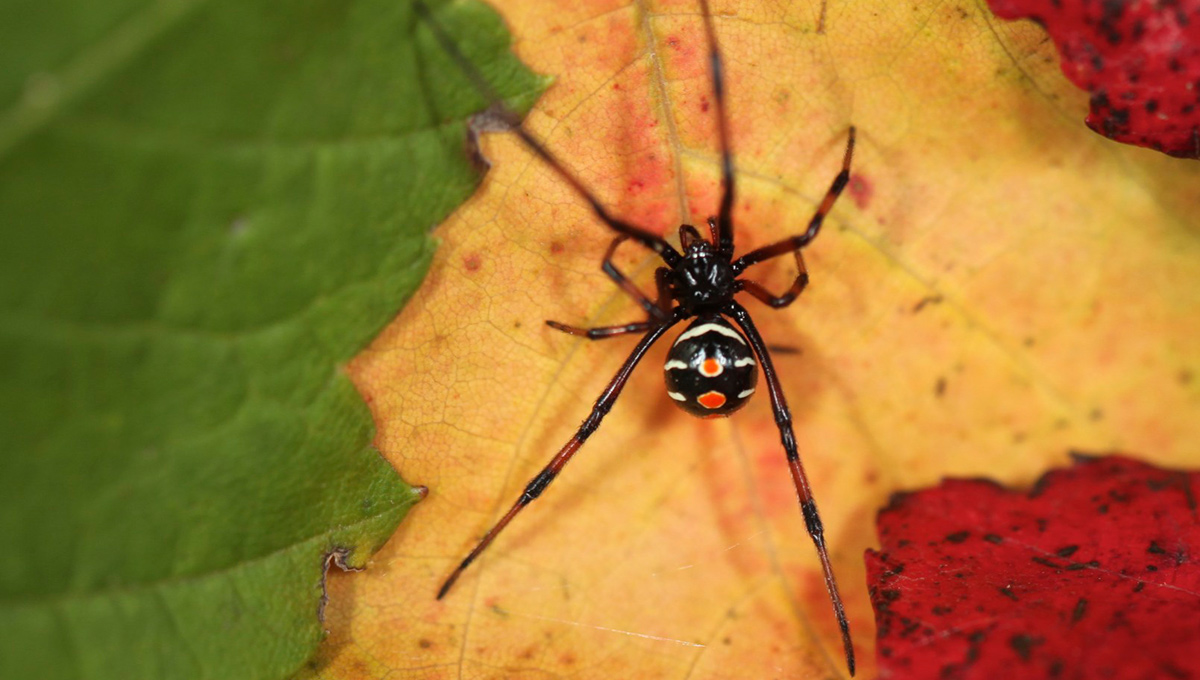
Monday, March 22, 2021 in Biology, Events, Faculty of Science
Share: Twitter, Facebook
